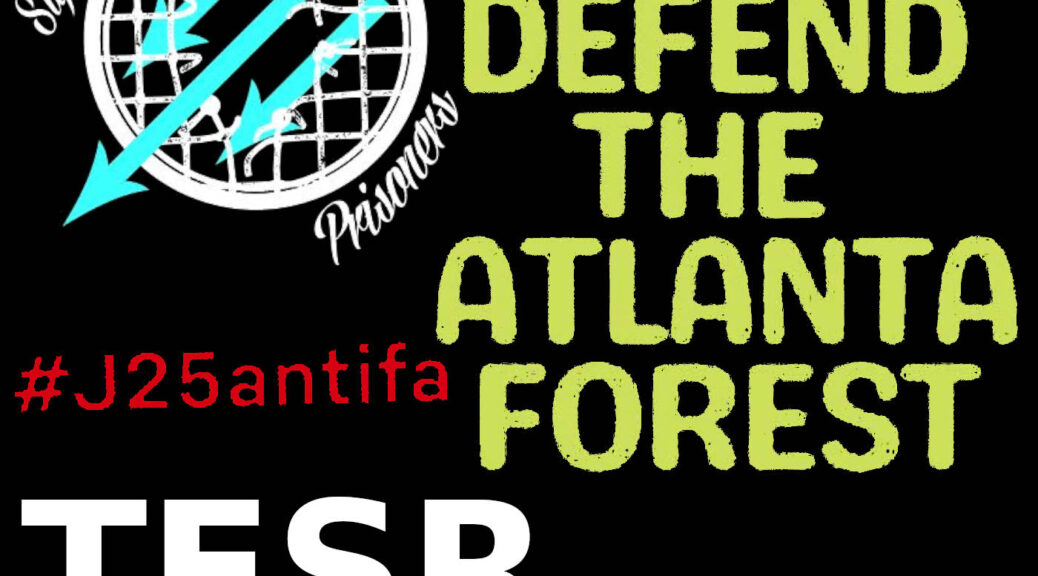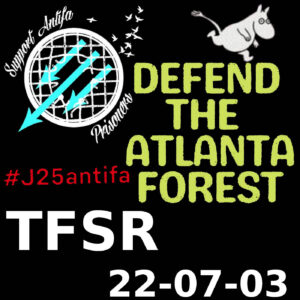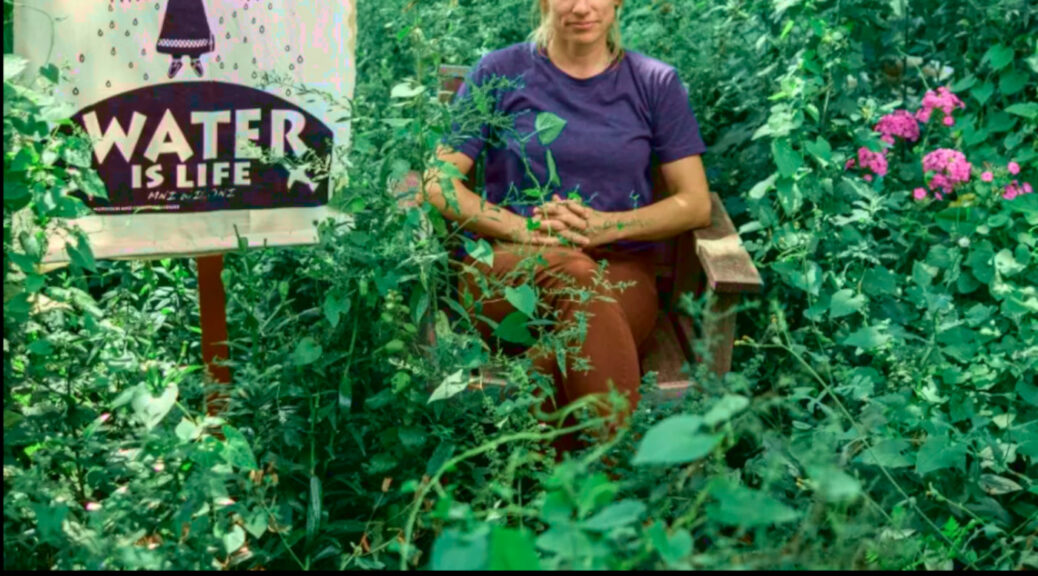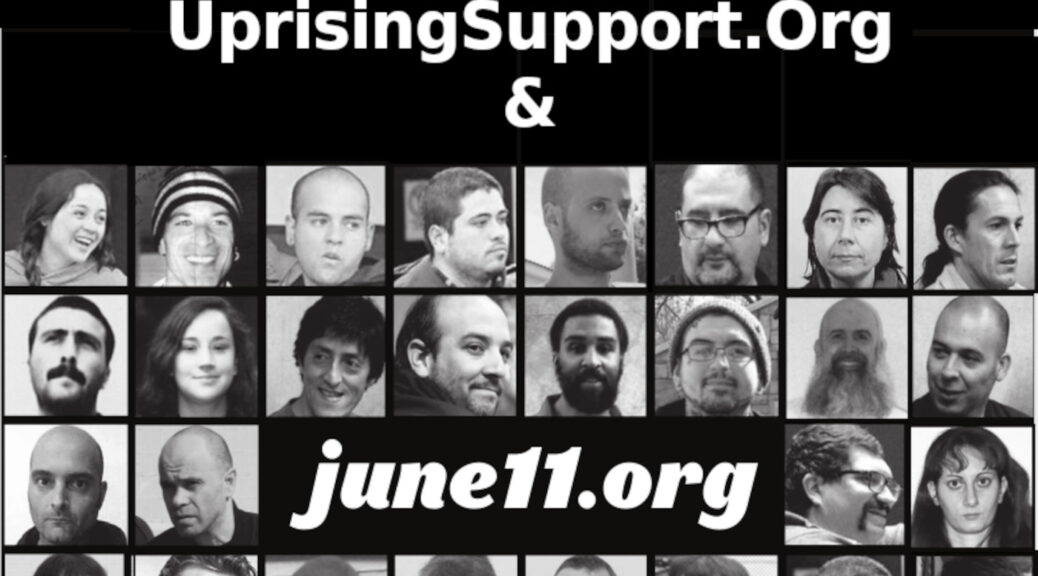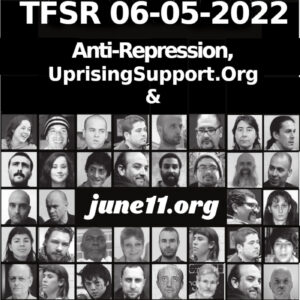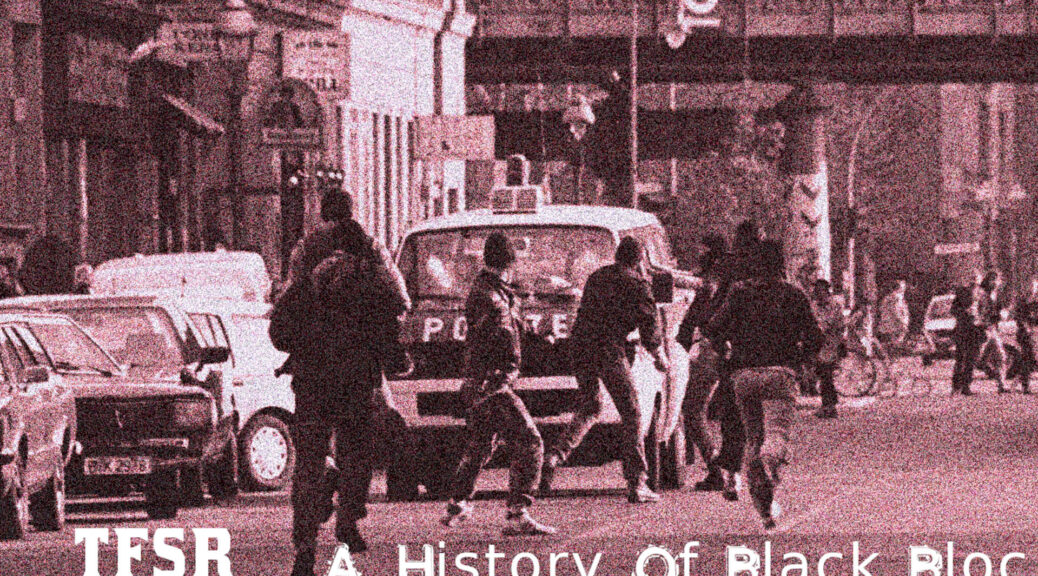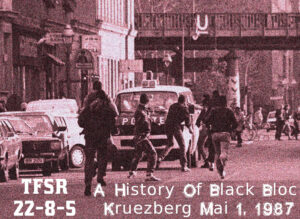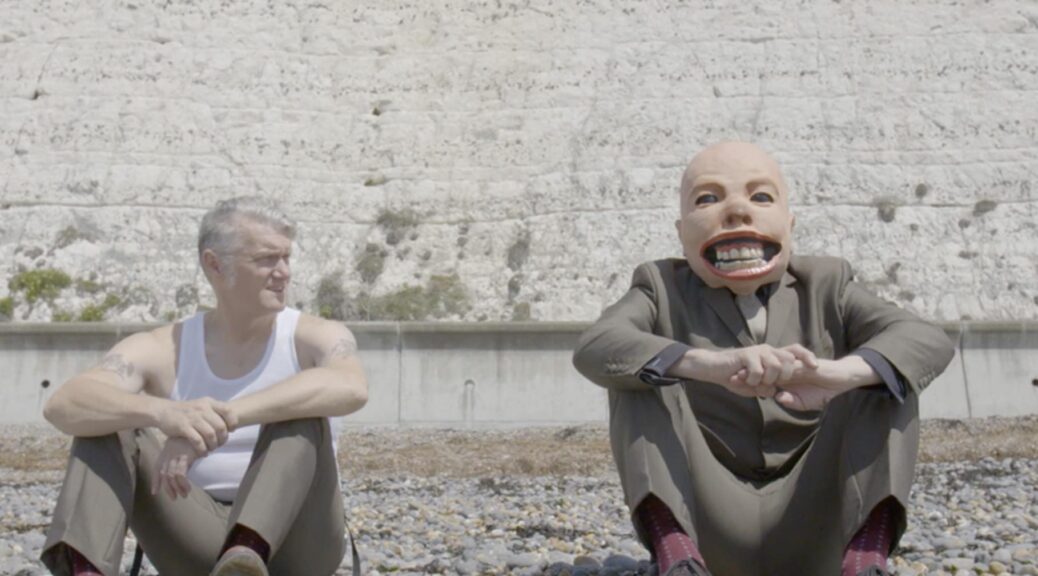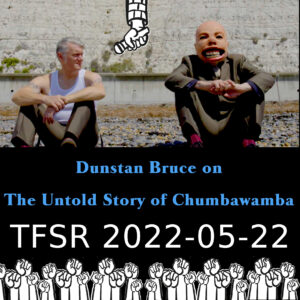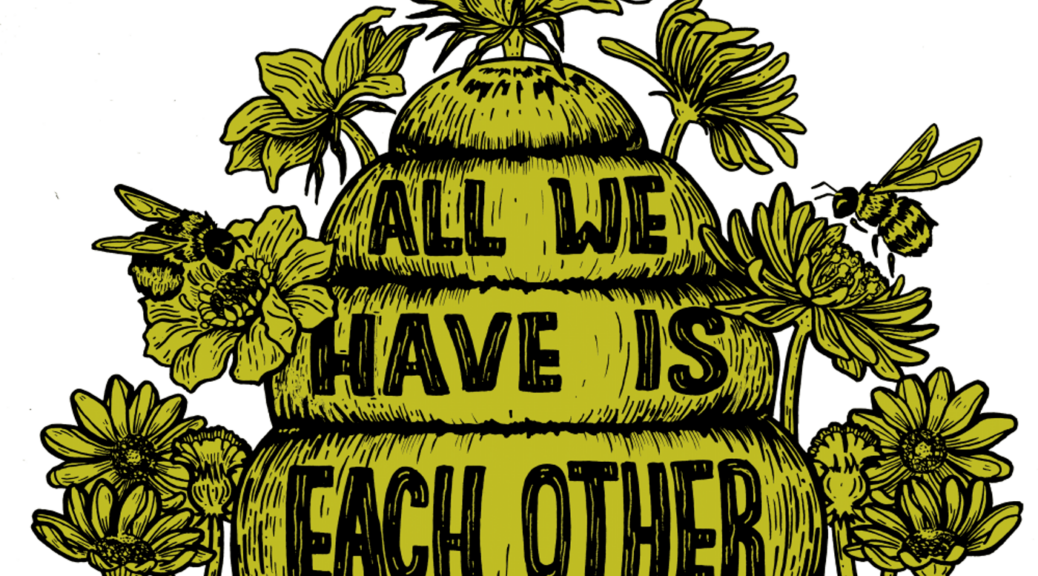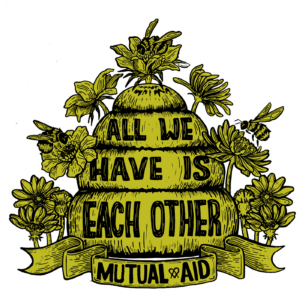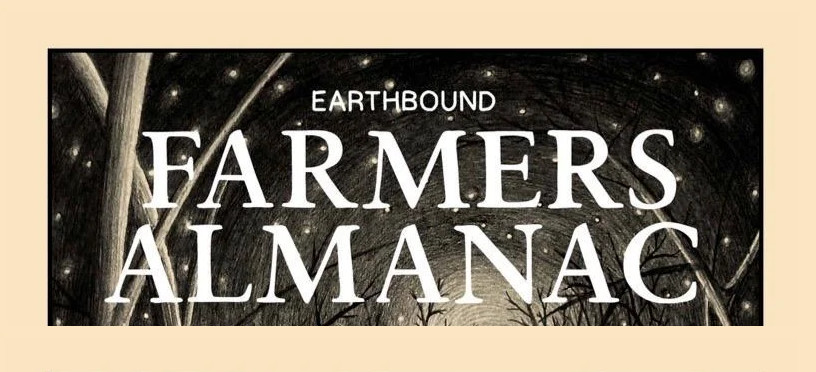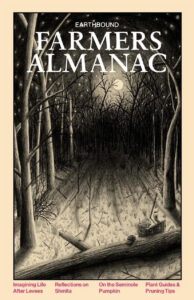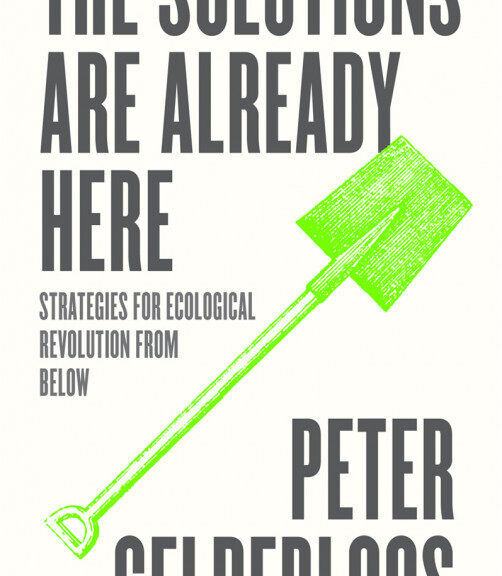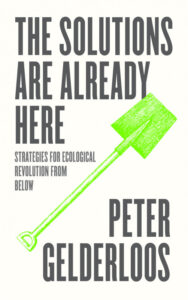Ongoing Sabotage and Resistance to War in Russia and Ukraine
This week, we’re airing 2 interviews to do with the Russian war in Ukraine. Plus, Kevin Rashid Johnson talks about being denied medical care for his prostate cancer in the Virginia prison system.
- Transcript
- Assembly.Org.UA (English)
- Español: ALasBarricadas.Org
- Deutsche: EnoughIsEnough.Org
- BOAK (English)
- Deutsche: EnoughIsEnough.Org
- Russian
- Czech: afed.cz
- Assembly.Org.UA (English)
- PDF (Unimposed)
- Zine (Imposed)
Assembly.Org.UA
[00:08:51 – 00:24:17]
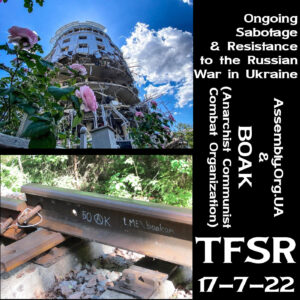
First up, an interview with Assembly.Org.UA, a news site based out of Kharkiv about their journalism, disaster capitalism in the midst of pandemic and war, resistance to forced military conscription by the Ukrainian military and information about sabotage activity against the war taking place in Russia.
Links for Assembly.Org.UA
- Donate via Global Giving
- English articles on LibCom
BOAK, Anarchist Communist Combat Organization
[00:27:34 – 00:51:41]
Then, you’ll hear words from BOAK, or the Anarchist Communist Combat Organization, a Russia-based group advocating sabotage and guerrilla struggle and the development of a social revolution against authoritarian regimes in eastern Europe. You’ll find a Russian version in audio and text of the BOAK conversation for dissemination very soon in the post for this show at our website. You can find a bunch of links in our show notes as well.
BOAK links
- tor browser: https://www.torproject.org/download/
- Onion Site: http://boakor7dmr63zguccltp6nki56ou4oppirhyllfck7yd3sifywinhkyd.onion/
- Non-Onion mirror: http://boakmirror.noblogs.org/
- Telegram Channel: https://t.me/BO_AK_reborn
- VK Channels:
Phone Zap for Rashid
[00:01:19 – 00:08:51]
But first, you’ll hear Minister of Defense of the Revolutionary Intercommunal Black Panther Party, Kevin Rashid Johnson, talk about his diagnosis of prostate cancer and his request for a call in to get the VADOC & his captors at Nottoway Correctional Institution in Virginia to give him the care he needs to survive. You can read his article at RashidMod.Com.
Phone Zap!
RIBPP & PSO are calling on all comrades and supporters to participate in a Phone/E-mail zap for Comrade Rashid. The following script can be used/personalized:
“My name is___. My friend Kevin Johnson, #1007485, housed at Nottoway, just learned from the prison doctor that he has prostate cancer. Tests he took last October and November indicated that diagnosis almost certainly, but no biopsy was performed until April and the results reported to him on July 1. Eleven of 13 biopsies are positive for prostate cancer.
“Cancer kills, and it can kill fast. A friend with prostate cancer says his treatment started immediately upon diagnosis in an effort to stop the cancer from spreading to his lymph nodes and on to his bones, where it would be fatal. The Virginia Department of Corrections has already failed in its responsibility to provide even minimal care. Mr. Johnson’s thousands of supporters are shocked to hear of these inexcusably long delays in diagnosis. The best possible treatment must begin now. No obstacle must be allowed to cause further delay.”
Who to call: Director of the Virginia Department of Corrections Harold W. Clarke VADOC P.O. Box 26963 Richmond, VA 23261 (804) 674-3000 docmail@vadoc.virginia.gov
Director of Health Services, VADOC Steve Herrick healthservicesinquiries@vadoc.virginia.gov (804) 887–8118
Warden Clint Davis Nottoway Correctional Center 2892 Schutt Rd. Burkeville, VA 23922 (434) 767-5543
Email the following officals:
- harold.clarke@vadoc.virginia.gov
- david.robinson@vadoc.virginia.gov
- steve.herrick@vadoc.virginia.gov
- clint.davis@vadoc.virginia.gov.
Sean’s Segment
[00:51:41 – end]
Sean Swain talks about the overturning of Roe vs. Wade in his usual manner.
Continue reading Ongoing Sabotage and Resistance to War in Russia and Ukraine


